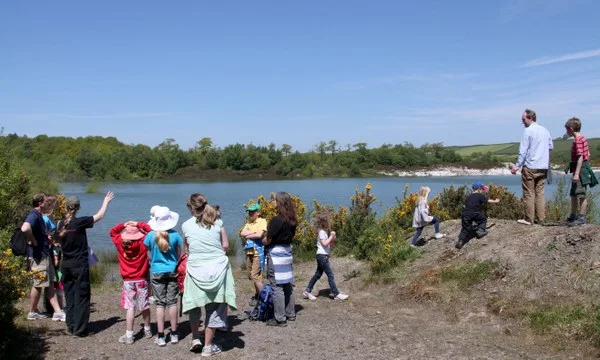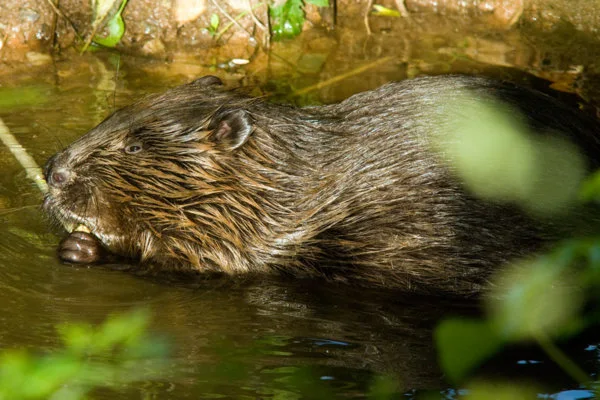A conservation charity is promising a day of discovery at one of its top North Devon
nature reserves.
Devon Wildlife Trust is staging a Nature Reserve Discovery Days at its Meeth Quarry,
near Hatherleigh. The free event is open to all and takes place between 10.30am and
4pm on Sunday 22nd May. Devon Wildlife Trust’s Jo Pullin is the event’s master planner.
She said:
“Each year we hold a series of Discovery Days to showcase the best of Devon’s wild
landscapes and its most exciting wildlife. This time it’s the turn of our Meeth
Quarry nature reserve to be the host. We’re expecting good numbers of people to join
us to explore this beautiful part of North Devon.”
Meeth Quarry only became a Devon Wildlife Trust nature reserve in 2013. It was
formerly a clay quarry but ceased work in the early 2000s after 100 years of
production. Despite its industrial past the reserve is a wildlife hotspot being
well-known for dragonflies, butterflies, birds and deer.
Jo Pullin said:
“The event will pick up on some of the local wildlife stars. We plan to construct a
giant butterfly sculpture during the day. Everyone can come along and help in the
building of this mega-beast! Our Discovery Days are designed to get people to
connect with their local wildlife. They are a great, free way for families to
explore their wilder sides. ”The event also features pond-dipping, a specially constructed nature quiz trail,
kids’ crafts and refreshments. There will also be a series of guided walks exploring
the nature reserve (leaving at 11.30am and 2.30pm), and special butterfly walks led
by experts from Butterfly Conservation (leaving at 11am and 2pm).
At 150 hectares Meeth Quarry is one of Devon Wildlife Trust’s biggest nature
reserves. It is also one of its most easily accessible. The Tarka Trail cycle route
runs through its heart. Bike trails, footpaths and easy access trails allow visitors
to explore. The reserve is also served by toilets and a large car park, located via
an access lane from Meeth village and the A386, four miles north of Hatherleigh.
To find out more about the Meeth Quarry Discovery Day go to the ‘What’s on?’ pages
of www.devonwildlifetrust.org
Pond dipping at Meeth Quarry Nature Reserve
Meeth Quary Nature Reserve - Photo copyright DWT (All rights Reserved)
Meeth Quarry, Devon, EX20 3ER Map reference SS 547 078




